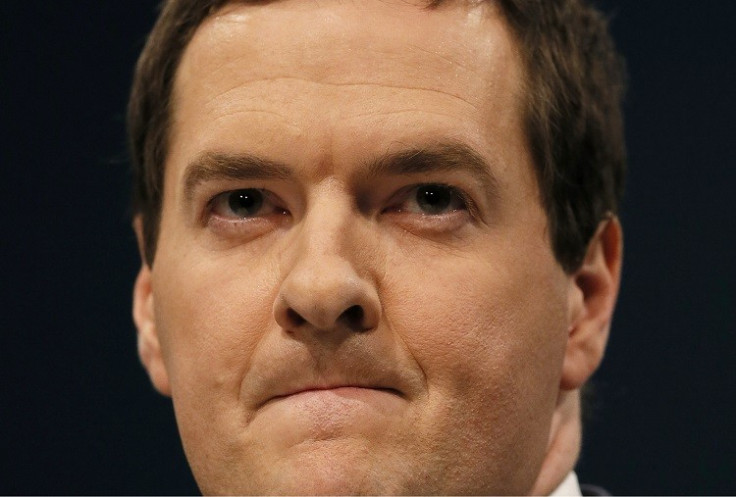BoE: George Osborne's Autumn Statement Little Help for UK Economy

Fiscal measures unveiled in Chancellor George Osborne's 2013 Autumn Statement will have little impact on the UK economy, according to the Bank of England.
Members of the BoE's rate-setting Monetary Policy Committee (MPC) are also concerned about the UK recovery because both business investment and export demand are weak and robust household consumption depends on a reversal of the on-going real-terms fall in wages.
Among measures announced in Osborne's Autumn Statement were a further 1.1% budget cut to some Whitehall departments, a freeze on fuel duty until 2015/16, a cap on the business rates rise in 2014/15, and an updated plan for infrastructure investment over the coming years.
"The Committee had been briefed on the fiscal policy measures to be announced by the chancellor in the Autumn Statement," said minutes from the MPC's December meeting led by Governor Mark Carney.
"Preliminary analysis had suggested that their impact on the macroeconomic outlook over the Committee's forecast horizon was likely to be small."
Osborne had hoped for a trade-led recovery, but the global economic slowdown and eurozone crisis dented demand for UK exports. Instead, rising household consumption despite falling incomes is supporting UK growth.
Independent fiscal watchdog the Office for Budget Responsibility (OBR) forecasts net trade to be flat over the next few years and business investment to be slower in 2014 than it previously thought, despite the emerging recovery.
The BoE minutes said continued weakness in the euro area made it unlikely that external demand for UK exports would support the recovery.
"Beyond the near term, it seemed likely that, for the recovery to be sustained, a pickup in business spending would be necessary," said the minutes.
"The initial ONS data had suggested that business investment had risen in Q3, although by less than the Committee had expected. Such early estimates were prone to revision, however."
Policymakers also noted "recent signs that a recovery in business investment might be underway."
They cited the Confederation of British Industry's (CBI) service sector survey in November where firms reported growing investment intentions for the next few months.
The MPC voted to keep the interest rate at its record-low 0.5% and gilt-purchasing quantitative easing programme at a £375bn target value.
© Copyright IBTimes 2024. All rights reserved.






